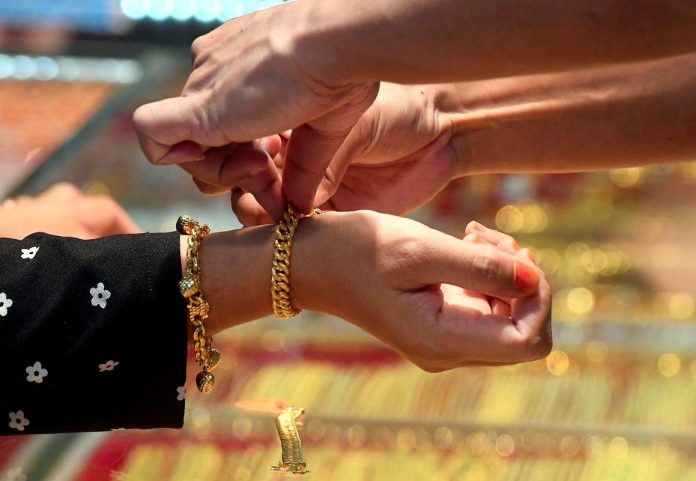KUALA LUMPUR: The government has decided not to proceed with the implementation of the high-value goods tax (HVGT), according to the Finance Ministry (MOF).
In a written reply on the Parliament website yesterday, the MOF stated, however, that the principles of the HVGT have been incorporated into the revised sales tax structure, with luxury and discretionary items taxed at five or 10 per cent.
The ministry said this in response to a question from Datuk Shamshulkahar Mohd Deli (BN-Jempol), who asked about the projected rise in national revenue resulting from fiscal reform measures, including the introduction of HVGT, the digital goods tax, capital gains tax (CGT), low-value goods tax, and the expansion of the SST tax and subsidy rationalisation that are being or will be implemented.
The proposal to introduce HVGT was first announced at the revised presentation of Budget 2023 in February 2023.
Initially planned to be implemented by May 2024, the government had expected to generate an additional RM700 million annually from it.
However, the government at that time indicated that more time was needed to engage with relevant stakeholders to ensure its effective implementation without negatively impacting the economy.
Meanwhile, the MOF said the government has taken several steps under direct and indirect taxation to strengthen national revenue collection.
Among them is the implementation of the CGT, effective March 1, 2024.
“Based on the current transaction volume and value involving unlisted shares, the government estimates revenue collection of about RM800 million a year,” it said.
The sales tax rate revision and the expanded scope of the service tax, effective July 1 2025, are also expected to contribute an additional RM5 billion revenue in 2025, doubling to RM10 billion in 2026.
As for diesel subsidy targeting, it has so far generated RM600 million in monthly government savings.
Additionally, the low-value goods tax, effective Jan 1, 2024, recorded a collection of about RM500 million for the year 2024. – Bernama








